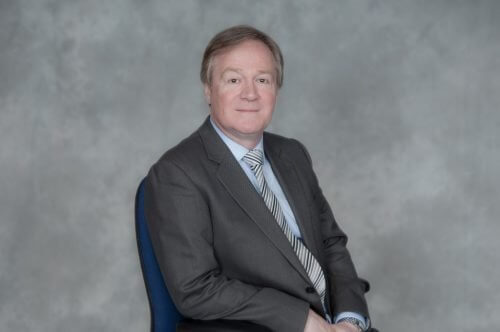 Nick Jones, full-time Traffic Commissioner for Wales, has delivered his inaugural annual report to the Welsh Government, as Dominic Ward writes
Nick Jones, full-time Traffic Commissioner for Wales, has delivered his inaugural annual report to the Welsh Government, as Dominic Ward writes
In his first annual report as Traffic Commissioner (TC) for Wales, Nick Jones is calling for more open dialogue and a streamlined process within the PSV sector.
Mr Jones assumed the role of full-time TC for Wales in October 2016, after working part-time in a role that covered both Wales and the West Midlands. The move came about thanks to a £210,000 increase in Welsh Government funding.
Bus registrations
Back in 2015, announcements were made confirming that devolution would include service registrations being undertaken in Wales.
Current legislation requires local bus services to be registered with the TC, though Mr Jones says there are always potentially more effective and efficient options available with devolution. “Before deregulation in the 1980s, TCs had power to determine if there was a need for a particular service,” says Mr Jones. “Whether and how often a service should run is now a commercial decision for the bus operators. If there is to be an impediment to that, surely it is for elected Local Authority (LA) members to determine?
“My current responsibilities for bus registrations can feel little more than acting as a post box, and a relatively inefficient one at that. Too often complaints and queries are received from people or organisations that obviously do not appreciate that under existing provisions, the TC only has decisions to make in a tiny number of instances – essentially where an application is made without the proper 56 days’ notice.” […]
By subscribing you will benefit from:
- Operator & Supplier Profiles
- Face-to-Face Interviews
- Lastest News
- Test Drives and Reviews
- Legal Updates
- Route Focus
- Industry Insider Opinions
- Passenger Perspective
- Vehicle Launches
- and much more!


